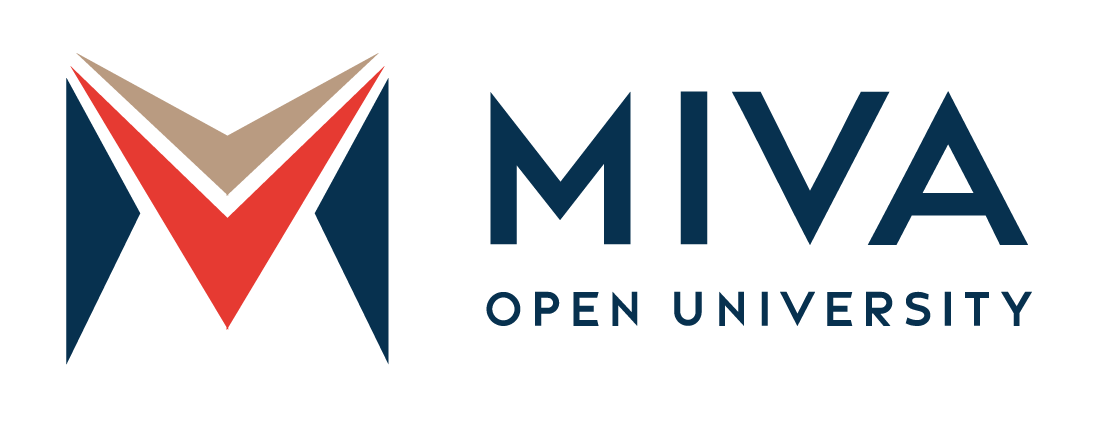School of Computing
BSc. Information Technology
The modern world revolves around information, and Information Technology (IT) is the driving force behind its creation, storage, access, and manipulation. Our B.Sc. Information Technology programme equips you with the skills and knowledge to thrive in this dynamic field.
Tuition Per Session
$590
Tuition Per Semester
$315
Introduction to BSc. Information Technology
Start your bachelor’s degree in Information Technology
Shape the digital world and unlock exciting career opportunities with our comprehensive Bachelor’s Information Technology programme. Immerse yourself in a dynamic learning environment designed to equip you with the essential skills and knowledge to thrive in the ever-evolving IT industry.
Our programme extends beyond traditional IT education, providing a well-rounded curriculum that blends theoretical foundations with hands-on experience. With a strong emphasis on theoretical foundations and practical applications, this programme encompasses the design, development, implementation, and management of computer systems and networks.
In this programme, you will learn hardware, software, networking infrastructure, data storage and securing systems, you will be at the forefront of safeguarding critical assets in an increasingly interconnected world. As a graduate, you will be well-prepared to pursue diverse professional pathways in information.
Why you should apply;
- Our programme is taught by experienced and knowledgeable faculty members who are passionate about Information Technology, offering valuable insights and mentorship.
- Our programme is designed to match industry needs, ensuring you graduate with relevant and sought-after skills.
- Study online at your own pace with our accessible and user-friendly learning management system.
- A degree in Information Technology, there are various career opportunities available with excellent prospects for advancement and specialization.
Applications for September 2025 admission is ongoing.
Apply before 30th September 2025, to secure your place. Discount applies for full year’s payment.
Curriculum
Programme Outline
Our curriculum is designed to provide students with the skills and knowledge they need to succeed in a variety of careers in the tech industry. The programme covers a wide range of topics, including programming, data structures, algorithms, operating systems, and artificial intelligence.
The faculty is available to students through forums, email, and phone calls. Students also have access to a variety of resources, including a state-of-the-art e-library, virtual computer labs, a career center, and a variety of student organisations.
| 1st Semester | Units |
|---|---|
| Communication in English I | 2 |
At the end of this course, students should be able to:
|
|
| Elementary Mathematics I – Algebra and Trigonometry | 2 |
At the end of this course, students should be able to:
|
|
| General Physics I – Mechanics | 2 |
At the end of this course, students should be able to:
|
|
| General Practical Physics I | 1 |
At the end of this course, students should be able to:
|
|
| Use of Library, Study Skills and ICT | 2 |
At the end of this course, students should be able to:
|
|
| Descriptive Statistics | 3 |
At the end of this course, students should be able to:
|
|
| Introduction to Computing Sciences | 3 |
At the end of this course, students should be able to:
|
|
| Environmental and Sustainability (Elective) | 2 |
At the end of this course, students should be able to:
|
|
| Contemporary Health Issues (Elective) | 2 |
At the end of this course, students should be able to:
|
|
| 2nd Semester | Units |
|---|---|
| Problem Solving | 3 |
At the end of this course, students should be able to:
|
|
| Nigerian People and Culture | 2 |
At the end of this course, students should be able to:
|
|
| Elementary Mathematics II – Calculus | 2 |
At the end of this course, students should be able to:
|
|
| General Physics II – Electricity & Magnetism | 2 |
At the end of this course, students should be able to:
|
|
| General Practical Physics II | 1 |
At the end of this course, students should be able to:
|
|
| Principles of Hardware Systems Maintenance | 3 |
At the end of this course, students should be able to:
|
|
| Communication in English II | 2 |
At the end of this course, students should be able to:
|
|
| 1st Semester | Units |
|---|---|
| Entrepreneurship and Innovation | 2 |
At the end of this course, students should be able to:
| |
| Introduction to Web Technologies | 2 |
At the end of this course, students should be able to:
| |
| Computer Programming I | 3 |
At the end of this course, students should be able to:
| |
| Introduction to Information Technology | 2 |
At the end of this course, students should be able to:
| |
| Digital Logic Design | 2 |
At the end of this course, students should be able to:
| |
| Introduction to Information Systems for Information Technology | 2 |
At the end of this course, students should be able to:
| |
| SIWES I | 3 |
At the end of this training, students should be able to:
| |
| 2nd Semester | Units |
|---|---|
| Philosophy, Logic and Human Existence | 2 |
At the end of this course, students should be able to:
| |
| Human-Computer Interface | 2 |
At the end of this course, students should be able to:
| |
| Computer Programming II | 3 |
At the end of this course, students should be able to:
| |
| Computer Architecture and Organisation | 2 |
At the end of this course, students should be able to:
| |
| Systems Analysis and Design for Information Technology | 3 |
At the end of this course, students should be able to:
| |
| Data Engineering | 3 |
At the end of this course, students should be able to:
| |
| 1st Semester | Units |
|---|---|
| Computer Graphics and Animation | 3 |
At the end of this course, students should be able to:
| |
| Data Communications Systems and Network | 3 |
At the end of this course, students should be able to:
| |
| Edge Computing | 3 |
At the end of this course, students should be able to:
| |
| Distributed Information Systems | 3 |
At the end of this course, students should be able to:
| |
| SIWES II | 3 |
At the end of this training, students should be able to:
| |
| 2nd Semester | Units |
|---|---|
| Peace and Conflict Resolution | 2 |
At the end of this course, students should be able to:
| |
| Venture Creation | 2 |
At the end of this course, students should be able to:
| |
| Operating Systems | 3 |
At the end of this course, students should be able to:
| |
| Ethics and Legal Issues in IT | 2 |
At the end of this course, students should be able to:
| |
| Web Application Development | 2 |
At the end of this course, students should be able to:
| |
| Web Development using Content Management Systems | 2 |
At the end of this course, students should be able to:
| |
| Mobile Application Development | 2 |
At the end of this course, students should be able to:
| |
| IT Innovation and Entrepreneurship | 2 |
At the end of this course, students should be able to:
| |
| Network Servers and Infrastructures | 2 |
At the end of this course, students should be able to:
| |
| 1st Semester | Units |
|---|---|
| Research Methodology and Technical Report Writing | 3 |
At the end of this course, students should be able to:
| |
| Mobile and Pervasive Computing | 2 |
At the end of this course, students should be able to:
| |
| Project Management | 2 |
At the end of this course, students should be able to:
| |
| Distributed Computing for Information Technology | 3 |
At the end of this course, students should be able to:
| |
| Sustainable Computing | 3 |
At the end of this course, students should be able to:
| |
| Final Year Project I | 3 |
At the end of this course, students should be able to:
| |
| 2nd Semester | Units |
|---|---|
| System Integration and Architecture | 2 |
At the end of this course, students should be able to:
| |
| Wireless Communications and Networking | 2 |
At the end of this course, students should be able to:
| |
| Introduction to Embedded Systems | 3 |
At the end of this course, students should be able to:
| |
| Final Year Project II | 3 |
At the end of this course, students should be able to:
| |
| Cloud Computing Security for Information Technology | 2 |
At the end of this course, students should be able to:
| |
| Internet of Things | 3 |
At the end of this course, students should be able to:
| |
Admission Requirements
Entry Requirements for BSc. in Information Technology
Here’s what you need to study for a bachelor’s programme at Miva University
A copy of your O’Level result
- English Language
- Mathematics
- Physics
- Chemistry
- Any other subjects
Please note that submission of Joint Admissions and Matriculation Board (JAMB) results is not mandatory at this stage. However, upon admission to the university, the provided results will be thoroughly verified for authenticity and compliance with the stated criteria, including JAMB Registration.
Direct Entry Admission Requirements for BSc. in Information Technology
Here’s what you need to study for a bachelor’s programme at Miva Open University
Direct Entry Candidates must meet ‘O’ Level requirements for the programme:
- Two (2) 'A' Level passes in science subjects including Mathematics.
- NCE merit passes in Mathematics and one other Science subject.
- ND lower credit in Computer Science or other Mathematics/Computing/Physics/Electronics based programmes.
- Very good passes in three (3) JUPEB subjects: Physics, Mathematics, Chemistry or Biology.
- 'A' Level passes chosen from English Language, Mathematics, Environmental Science, Biology, Chemistry, Physics, Literature-in-English, Government, History, Economics, Geography, Further Mathematics, Technical Drawing, Visual Arts, Computer Studies, Information Technology, Civics, and French.
- International Baccalaureate (IB) Diploma in relevant subjects.
Careers
Potential roles for BSc. Information Technology degree holders

Career Options
There are diverse range of roles and career paths available to graduates of B.Sc in Information Technology programmme:
- Software Developer/Engineer
- Network Administrator/Engineer
- Database Administrator
- Cybersecurity Analyst
- Web Developer
- IT Consultant
- Systems Analyst
- Cloud Computing Specialist
- IT Project Manager
Tuition
Payment Plans
Miva Open University offers a flexible payment plan for its degree programmes. You may choose to pay the year’s fee or per semester.
Tuition Per Session
Pay Per Session. No hidden charges. No additional costs.
$590
Tuition Per Semester
Pay Per Semester. No hidden charges. No additional costs.


